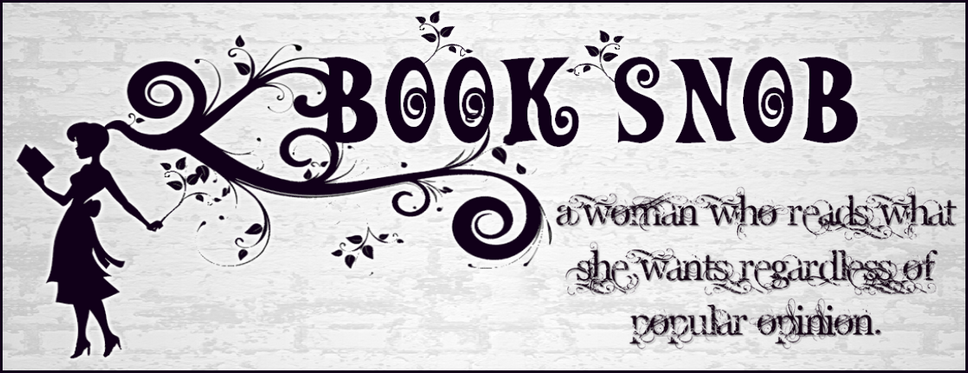Heather Slomski is the December Author in the Spotlight here on BookSnob for the month of December and asked her some important questions about her book, the Iowa short fiction prize and more. Read on.
Hi Heather,
1. Please tell us a little bit about yourself and your book The Lovers Set Down Their Spoons.
I earned my M.F.A. from Western Michigan University, where I studied with Jaimy Gordon and Stuart Dybek. Afterwards, I held the Axton Fellowship in Fiction, a two-year position at the University of Louisville. I’m currently teaching writing at Concordia College and living in Moorhead with my husband and our son, who just turned two. The Lovers Set Down Their Spoons, which won the 2014 Iowa Short Fiction Award, is my first book.
2. Please explain how the Iowa Short Fiction contest works?
Writers send their short story collection manuscripts into The Iowa Writers’ Workshop, and then the Workshop chooses finalists out of the slush pile and passes them along to the judge (there’s a different judge each year), who chooses the winner. There are actually two different prizes: The Iowa Short Fiction Award and The John Simmons Short Fiction Award.

3. You won the Iowa Short Fiction Award for your book, The Lovers Set Down Their Spoons. Can you describe your initial reaction when you won the prize and part of the process of publishing
your collection of short stories?
I got a phone call last January afternoon from the director of the University of Iowa Press, Jim McCoy, who told me the news. I was stunned, as for some reason I thought that I had already received a rejection. (My record-keeping has gotten a bit worse since having a child.) After that joyous phone call, I had about ten days to make any light changes that I wanted to make before sending in my final copy to the press, who then forwarded it to their copyeditor. After the copyeditor went through the manuscript, he sent his suggested changes to me, which I was able to accept or reject. Then the copyedited manuscript was sent to the designer and sent back to me for one last look before publication. I’m very happy with how the book turned out, and I think the press did a beautiful job with the cover.
4. Can you tell us why or when you decided to become a writer?
I knew since I was very young that I wanted to be a writer. I began writing stories in grade school and never stopped.
5. Do you like to read? What authors or books influence you?
Aside from writing and spending time with my family, reading is the most fulfilling thing I do. I’m sure that I am influenced or inspired in some way by all good writing that I read, but I’ll mention here a handful of writers who come immediately to mind: Angela Carter, Anne Carson, Bruno Schulz, Stuart Dybek, Italo Calvino, and Steven Milhauser.
6. Who is your favorite short story writer and do you have a favorite short story you can share with us?
It’s too difficult to choose one favorite short story writer, but I can easily mention two of my favorite short stories: “Pet Milk” by Stuart Dybek and “Father’s Last Escape” by Bruno Schulz.
7. Name one book that you believe is a must read and tell us why?
The book I think of lately when I am asked this question is Anne Carson’s NOX. I reread this book recently, and it is still very much on my mind. A hybrid work—part poetry, part translation, part memoir, part collage—which Carson calls an epitaph, the book comes in a box and is a replica of a notebook that Carson filled when grieving for her brother, who died unexpectedly in Copenhagen. The book begins with a poem by the Latin poet Catullus—a poem in which Catullus laments the death of his own brother—and then Carson translates the poem, one word per lefthand page. On the righthand pages she includes bits of narrative about her brother. The translating of the poem is both an act, which is carried out over the course of the book, and a metaphor for Carson’s endeavor to understand her brother and to make some kind of sense out of his mysterious life. It’s a beautiful book, sad and staggering. A book to read very slowly, and more than once.
8. Are you writing a novel right now and can you tell us a little bit about it?
The novel on which I am currently working takes place in contemporary Krakow and is loosely based on my paternal grandparents’ forty-year marriage. Prior to beginning this novel, I was fortunate to receive two grants—a Minnesota State Artist Initiative Grant and a Minnesota Emerging Writers’ Grant—which allowed me six weeks of research in Krakow and also compensated time to begin writing. The novel blends together the research I did in Krakow with a bit of family history and a great deal of imagination.
9. How do you carve time out of your busy day to write?
I get up at 5:00 a.m. and either make coffee in my kitchen or sneak out to a coffee shop. I get a couple hours of work in before my husband and toddler wake up at about 7:30. Some mornings I have a babysitter for a couple additional hours, and other mornings I teach. I also write when my son is napping. This January, however, my son is starting preschool, which will open up some more time.
10. Tell us in one sentence why we should read: The Lovers Set Down Their Spoons.
I think that most readers will relate to the heartache, absurdity, and the intermittent bits of happiness that the characters in this book encounter.
Thanks Heather.
If you would like to win a copy of Heather's book, The Lovers Set Down Their Spoons, please click here: The Lovers Set Down Their Spoons Giveaway



